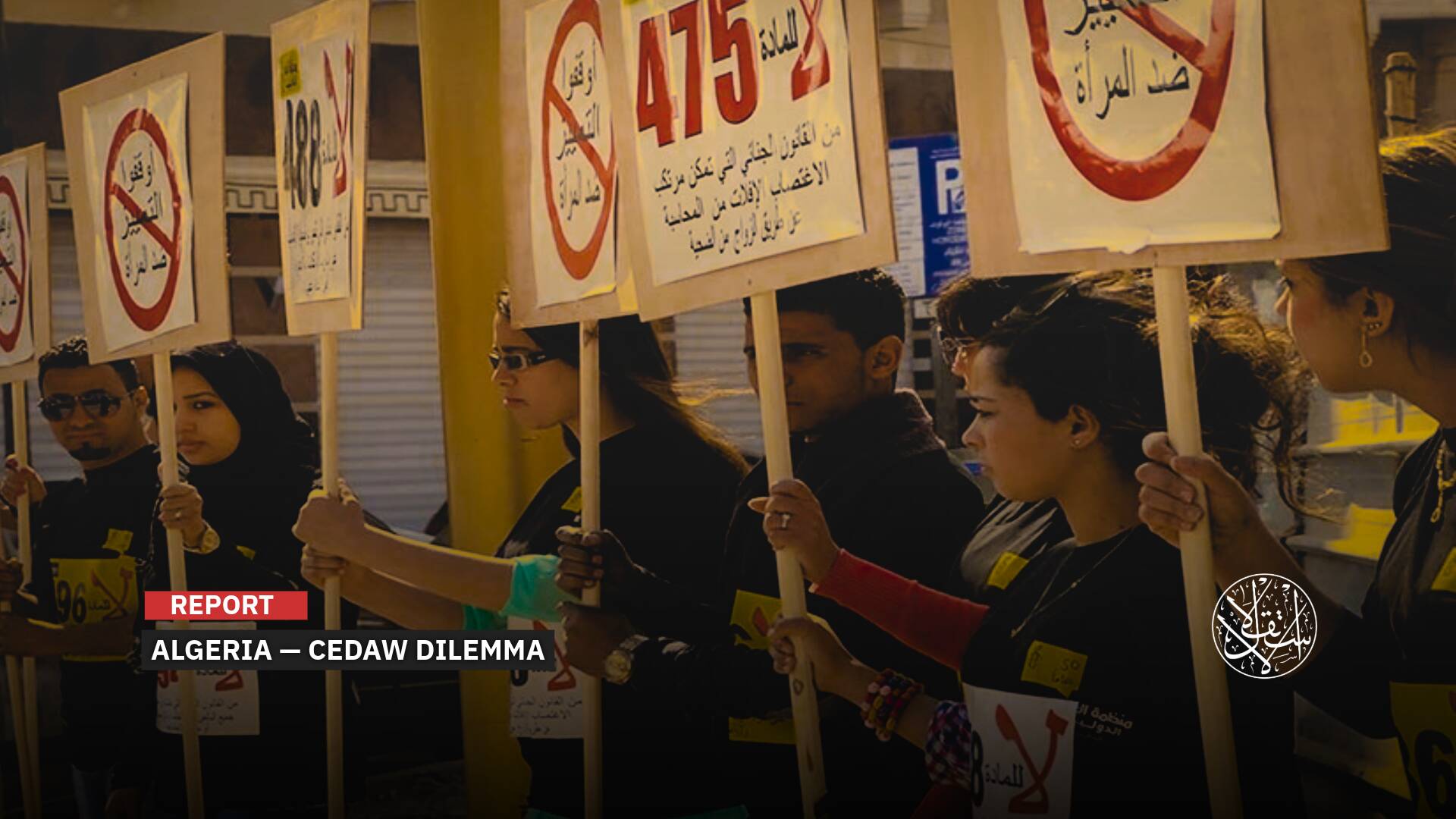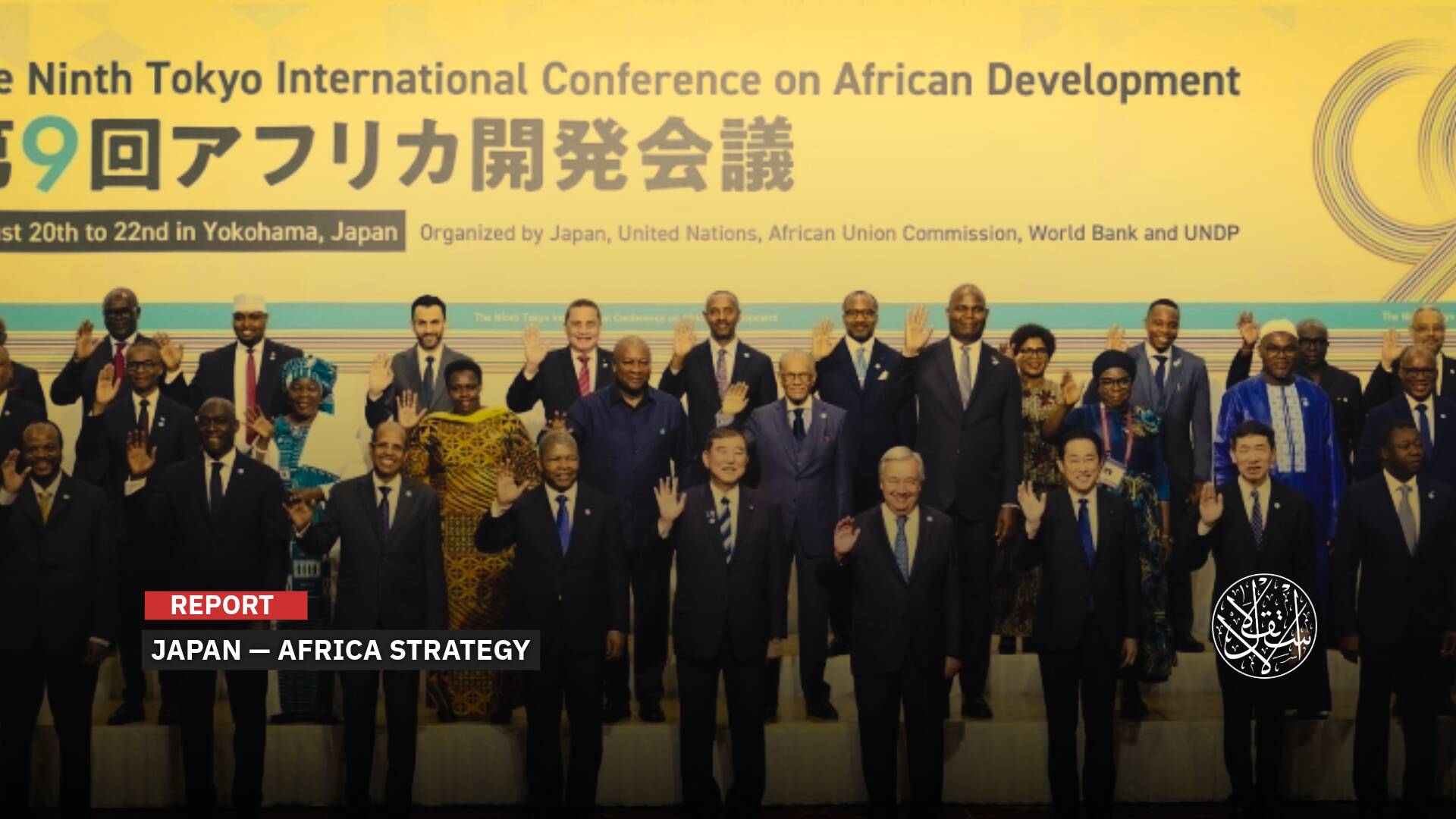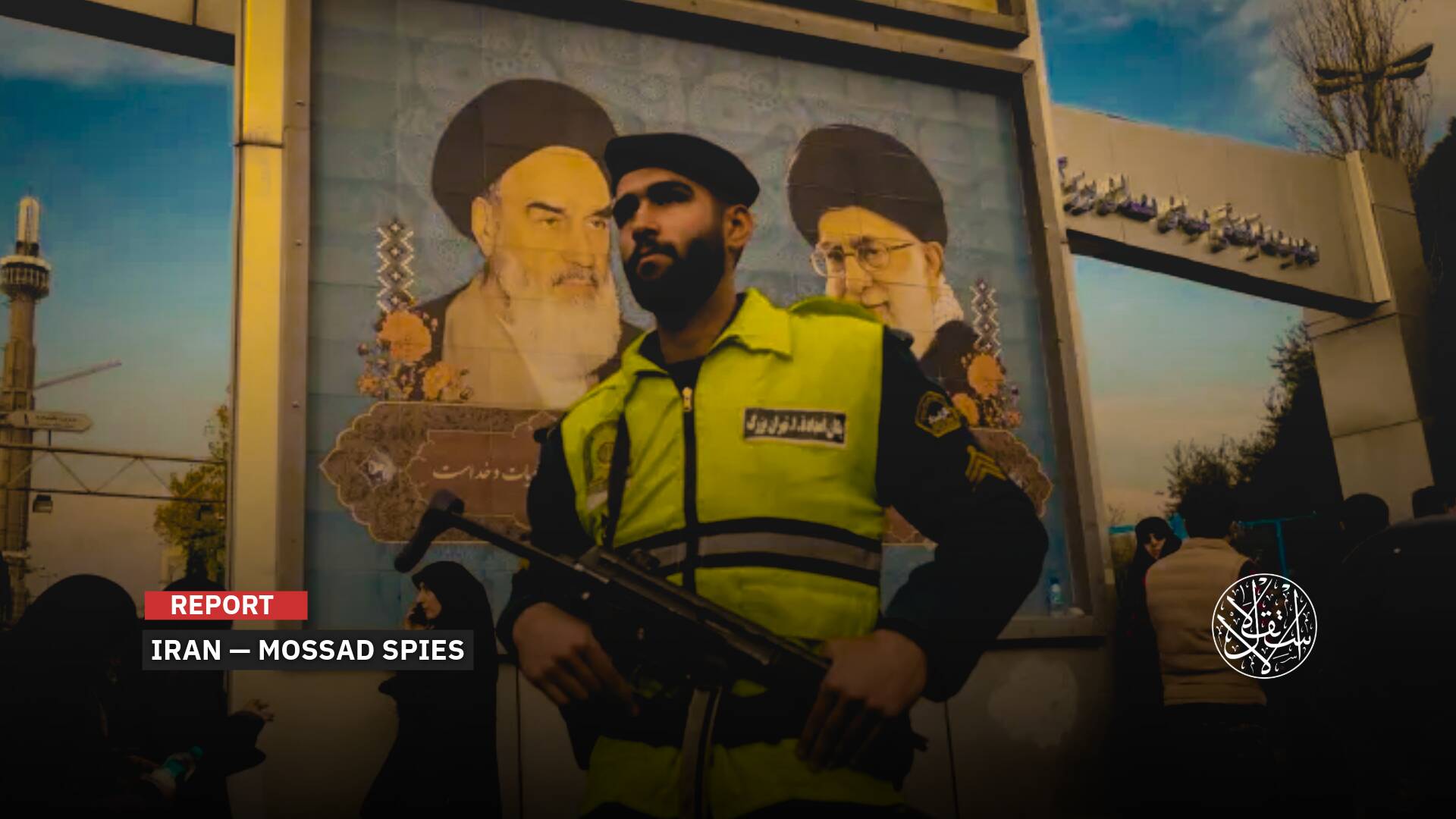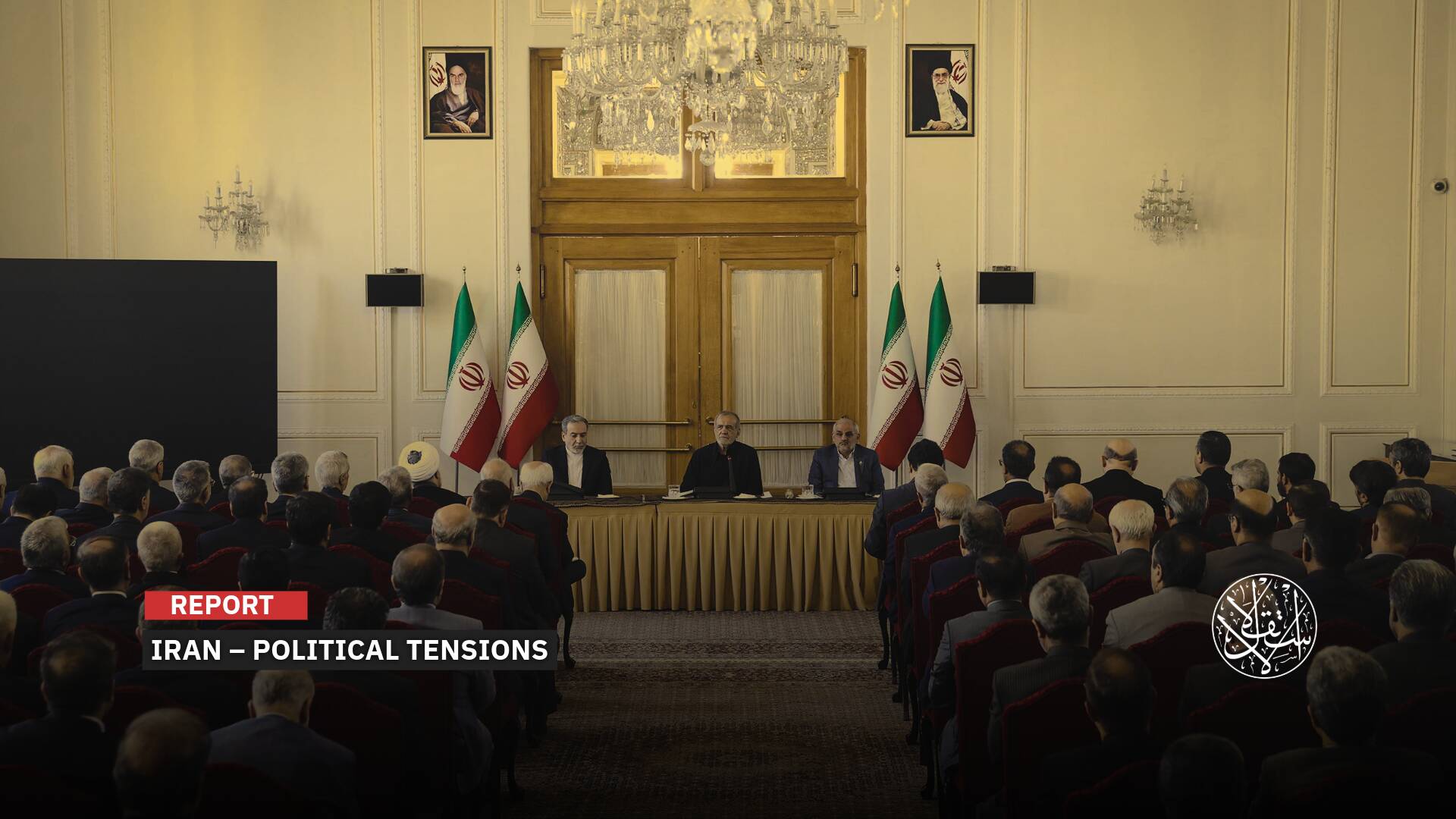Intimidation and Enticement: A Secret Document Reveals How the U.S. Pressured for Imran Khan’s Removal

Pakistan has been facing a crisis since Imran Khan, one of the country’s most popular politicians, was removed from power in April 2021 by a vote of no confidence.
The crisis intensified last week with the imprisonment of the former cricket star and the execution of a 3-year prison sentence on charges of corruption.
On August 9, the Pakistani presidency announced that President Arif Alvi had dissolved the country’s Parliament on the Prime Minister’s recommendation, paving the way for a government dominated by technocrats.
However, what sparked the most controversy revolved around what was revealed by a leaked document from the government of Pakistan that revealed the American encouragement for Pakistan to remove Imran Khan from the post of PM due to his foreign policies.
Leaked Document
A confidential document revealed that the U.S. State Department urged the Pakistani government to remove Imran Khan, when he was PM, because of his neutral stance on the Russian invasion of Ukraine.
The document, details of which were published by The Intercept website in a report on August 9, 2023, indicated that the American request was during a meeting held on March 7, 2022, between the Pakistani ambassador to the United States and two officials of the Ministry of Foreign Affairs.
The meeting has been the subject of intense scrutiny, controversy, and speculation in Pakistan over the past year and a half.
The day after the meeting, on March 8, Imran Khan’s opponents in Parliament took a significant procedural step toward a vote of no confidence.
According to the website, one month after that meeting documented in the leaked Pakistani government document, a vote of no confidence was taken against Imran Khan in Parliament.
The text of the Pakistani cable, issued by the ambassador at the meeting and sent to Pakistan, has not been previously published.
The document, known internally as the “cypher,” reveals both the carrot and the stick that the Foreign Office has introduced in its campaign against Khan, promising warmer relations if Khan is removed and threatening it with isolation if this is not done.
The website indicated that the contents of the document correspond to reports by the Pakistani newspaper Dawn and other media describing the circumstances of the meeting and the details in the document itself, pointing out that the dynamics of the relationship between Pakistan and the U.S. described in the document were later confirmed by events.
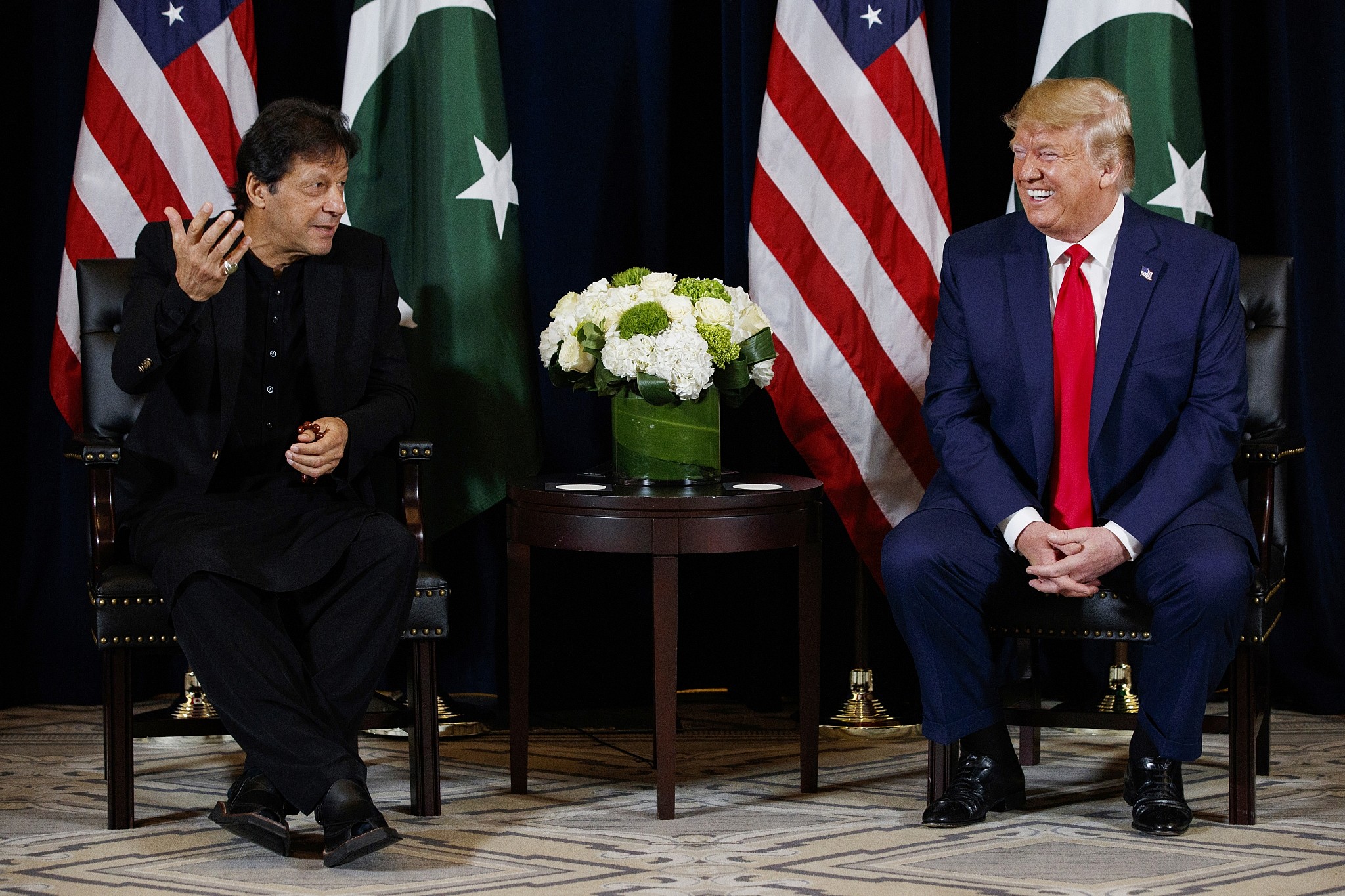
The website revealed that the document includes meeting details between U.S. State Department officials, including Assistant Secretary of State for the Bureau of South and Central Asian Affairs Donald Lu, and Asad Majeed Khan, who was at the time Pakistan’s ambassador to the United States.
At the meeting, Lu spoke in blunt terms of Washington’s dissatisfaction with Pakistan’s stance in the Russia-Ukraine conflict.
According to what the site continued, Lu frankly raised the issue of the vote of no confidence, and said: “I think that if the vote of no confidence against the PM succeeds, then everything will be forgiven in Washington, because the visit to Russia is seen as a decision on the part of the PM.”
“But other than that, I think it will be difficult to move forward,” he continued.
Lu warned that if the situation is not resolved, Pakistan will be marginalized by its Western allies.
Then Lu commented, implicitly, threateningly, according to the website, by saying: “I cannot say how Europe will view this matter, but I think its reaction will be similar.”
He added that Khan may face isolation from Europe and the U.S. if he remains in office.
It is noteworthy that last June, Khan accused the Pakistani army of deepening the political crisis in the country by colluding with the U.S. in order to overthrow him.
Khan revealed, during an interview with The Intercept at the time, that Assistant Secretary of State, Donald Lu, told the Pakistani ambassador that Khan must be overthrown. Otherwise, Pakistan will witness consequences.
In the interview, Khan said the U.S. had turned on him because of his misgivings about the global war on terror and a misunderstanding that he had sided with the Taliban.
According to Khan, former Pakistani ambassador to the US Husain Haqqani told the Americans that the PM is against them, while former army chief Qamar Javed Bajwa is supportive of them.
Khan added that Bajwa engineered this sentiment in Washington that Khan is anti-American.
On its part, the U.S. State Department denied Khan’s accusations over the past months, at least 3 times during press conferences and once again in a speech delivered by the Deputy Assistant Secretary of State for Pakistan Affairs, who referred to the allegations as propaganda and misleading.
On the latter occasion, State Department spokesman Matthew Miller mocked the question, laughing: “I don’t know how many times I can say that. The U.S. has no position on one political candidate or party against another in Pakistan or any other country.”
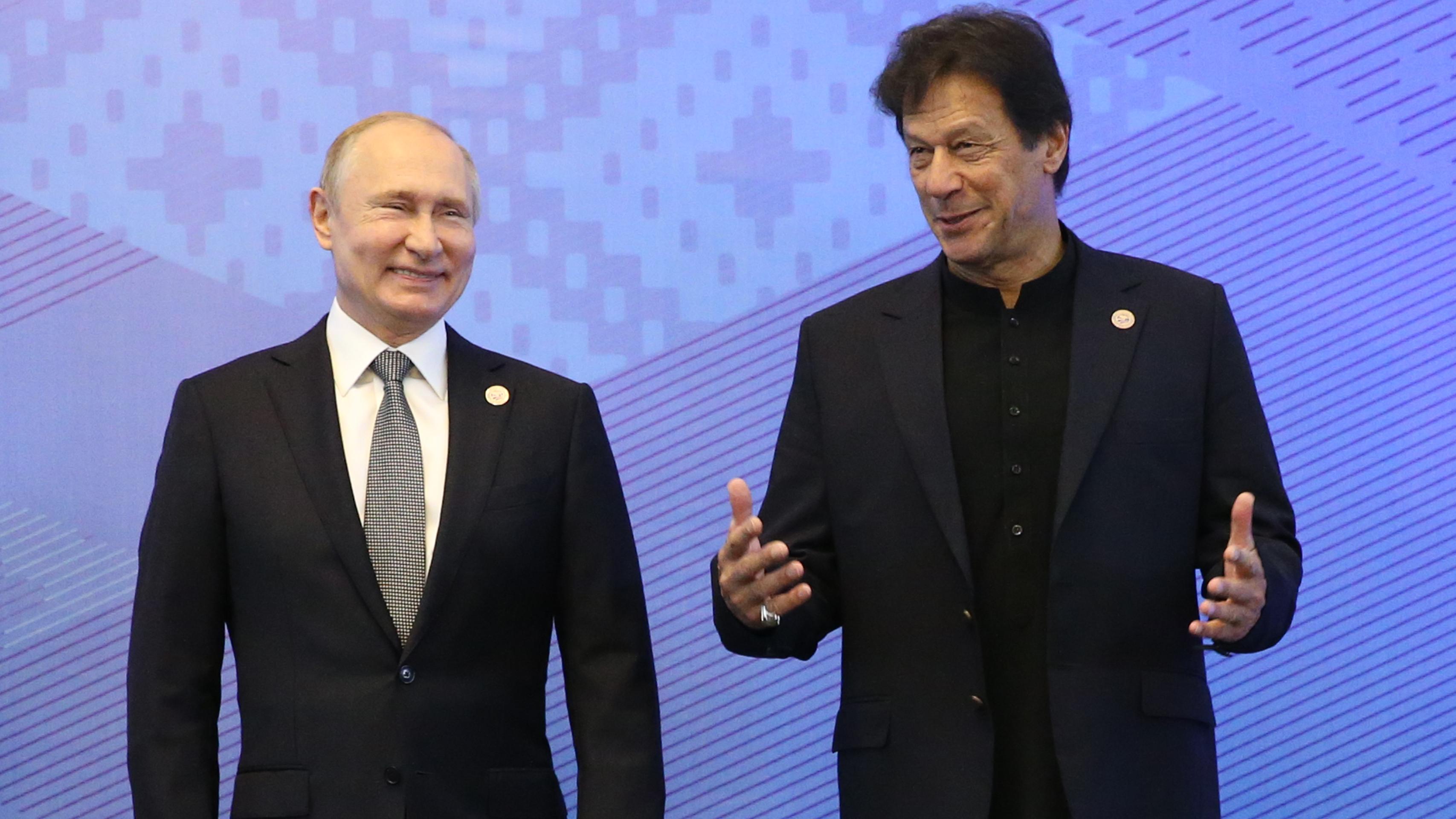
Political Revenge
The political conflict in Pakistan escalated on August 5, after the isolated PM Imran Khan was sentenced to 3 years in prison on corruption charges, and he was detained for the second time since his dismissal.
Prior to his arrest, Imran Khan published a video recording in which he called on his supporters to protest peacefully, while Khan’s supporters denounced the accusations, describing them as baseless.
Chairman Imran Khan’s message:
— Imran Khan (@ImranKhanPTI) August 5, 2023
My arrest was expected & I recorded this message before my arrest.
It is one more step in fulfilling London Plan but I want my party workers to remain peaceful, steadfast and strong.
We bow before no one but Allah who is Al Haq. We believe in… pic.twitter.com/1kqg6HQVac
This ruling prevents Khan, the most popular politician in Pakistan, from running in elections that are expected to be held before the end of this year.
Khan’s lawyers applied to appeal the sentence, and if the sentence remains in force, the 70-year-old former PM will be prevented from running for the upcoming elections.
The court ruling relates to an investigation by the Election Commission, which concluded that Khan illegally sold gifts worth around $635,000 while serving as PM from 2018 to 2022.
Imran Khan denied that he had committed any wrongdoing in this case, and confirmed that the law allows him, as the recipient of the gifts, to buy them at a low value.
On its part, Pakistan Tehreek-e-Insaf (PTI) said that the decision to imprison its leader is very biased and a dark point in the face of justice.
The movement considered - in a statement - the court’s decision as political revenge and a desperate attempt to achieve shameful goals with a specific agenda.
Regarding Washington’s position on Imran Khan’s arrest, a U.S. State Department spokesman said that the arrest of former Pakistani PM Imran Khan was an internal matter but hinted that the accusations against him might be true.
“Sometimes there are issues around the world that are so manifestly unfounded that the U.S. thinks it has to say something about it. We haven’t reached that conviction yet with regard to Khan’s case,” spokesman Matthew Miller added during a news conference on August 7.
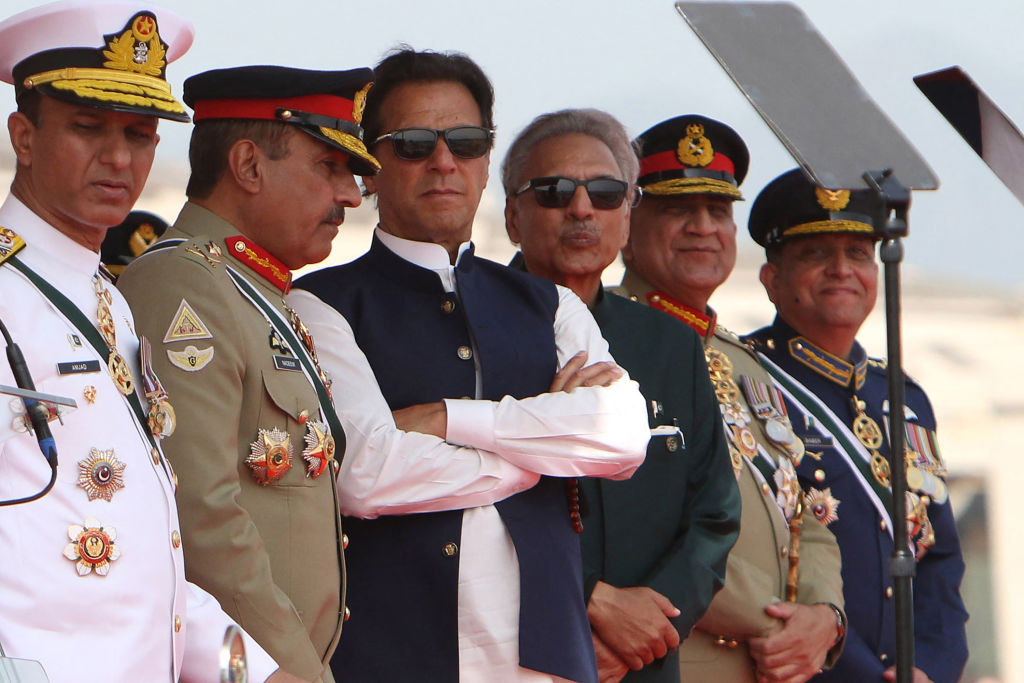
Khan came to power in 2018 with the support of the army, and was removed from it in April 2022 after disagreements with senior officers over appointments and foreign policy, according to analysts.
Since his ouster in April 2022, Imran Khan has faced more than 150 cases on charges he says are politically motivated.
The former PM says the cases against him are part of a campaign by the government and army to prevent him from returning to power.
Where the army attends behind the scenes of any polling process in Pakistan, as the institution, which has carried out at least 3 successful coups since the country’s independence in 1947, still enjoys wide political influence.
Military support has always been a cornerstone of the stability of any Pakistani government, and although the army institution has always denied playing any political role, the widening gap between Khan and senior officers in the world’s sixth-largest armies will complicate his return to power.
The Pakistani authorities arrested Khan for three days last May, hours after he repeatedly accused a senior intelligence officer of involvement in an attempt on his life in November.
Khan pressured the current government to hold early elections by holding huge rallies and withdrawing his deputies from Parliament, without his bet succeeding in achieving his goal.

U.S. Motives
The Middle East Eye website recently published an article by Peter Oborne, in which he talked about the reason for the United States’ hostility toward former Pakistani PM Imran Khan.
In his article, Oborne reviewed the reasons that drove the U.S. to what he described as hating Imran Khan.
The article indicated that last week witnessed the issuance of a nineteen-year prison sentence against Russian dissident Alexei Navalny on charges of financing extremism and rehabilitating the Nazi ideology.
The U.S. immediately condemned the action, and the U.S. State Department called the conviction an unfair end to an unfair and politically motivated trial.
But there was no condemnation from the U.S. of Imran Khan’s politically motivated trial either, Oborne said.
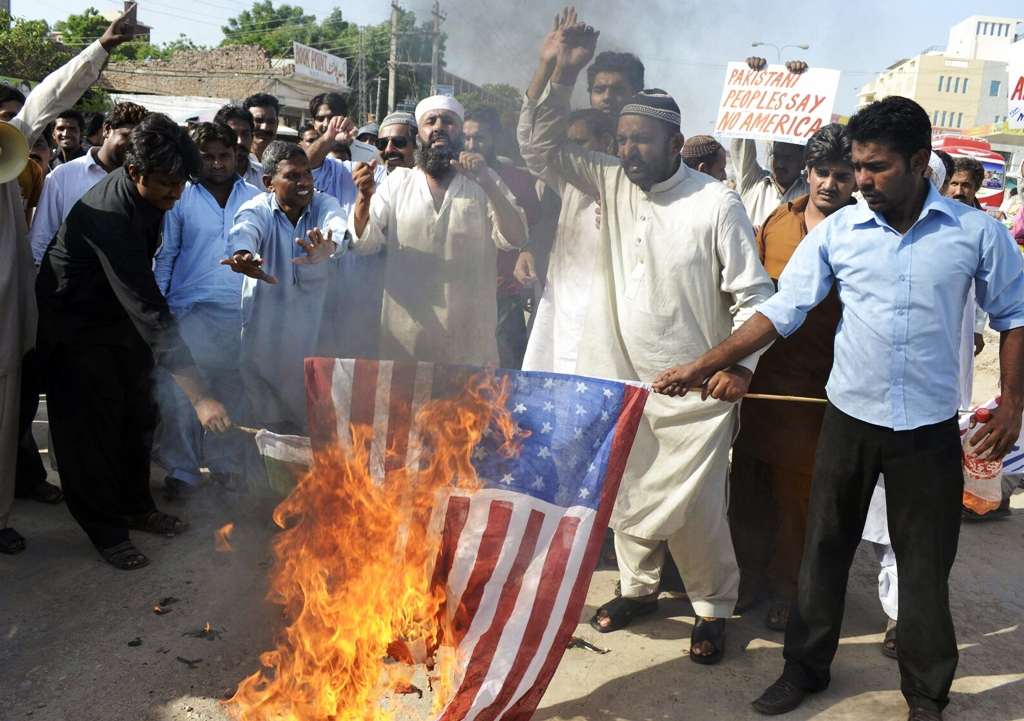
History proves that the U.S. is structurally hostile to any democratically minded Pakistani political leader.
Almost throughout his political life, Khan has been an opponent of U.S. foreign policy, as he strongly criticized the U.S. drone attacks that targeted militants on the Afghan-Pakistani border, describing them as extrajudicial killings and a violation of Pakistan’s sovereignty.
Khan also celebrated the exit of U.S. forces from Afghanistan and believed that Kabul had broken the chains of slavery.
He believed that the decline of Khan’s star dates back to the fall of Kabul in August 2021, when Imran Khan clashed with Washington over the freezing of the Afghan state’s funds, as well as about the American desire to use Pakistani airspace.
It is noteworthy that Zulfikar Ali Bhutto, the first democratically elected leader in Pakistan, had challenged the U.S. to build a coalition of non-aligned countries, but he ended up in prison and then was executed in April 1979.
Sources
- Secret Pakistan Cable Documents U.S. Pressure to Remove Imran Khan
- US says watching Pakistan political unrest with ‘concern’
- Imran Khan: U.S. Was Manipulated by Pakistan Military Into Backing Overthrow
- Farewell lunch triggered ‘Lettergate’ dispute
- Imran Khan is exactly what the US hates in a Pakistani politician: principled






